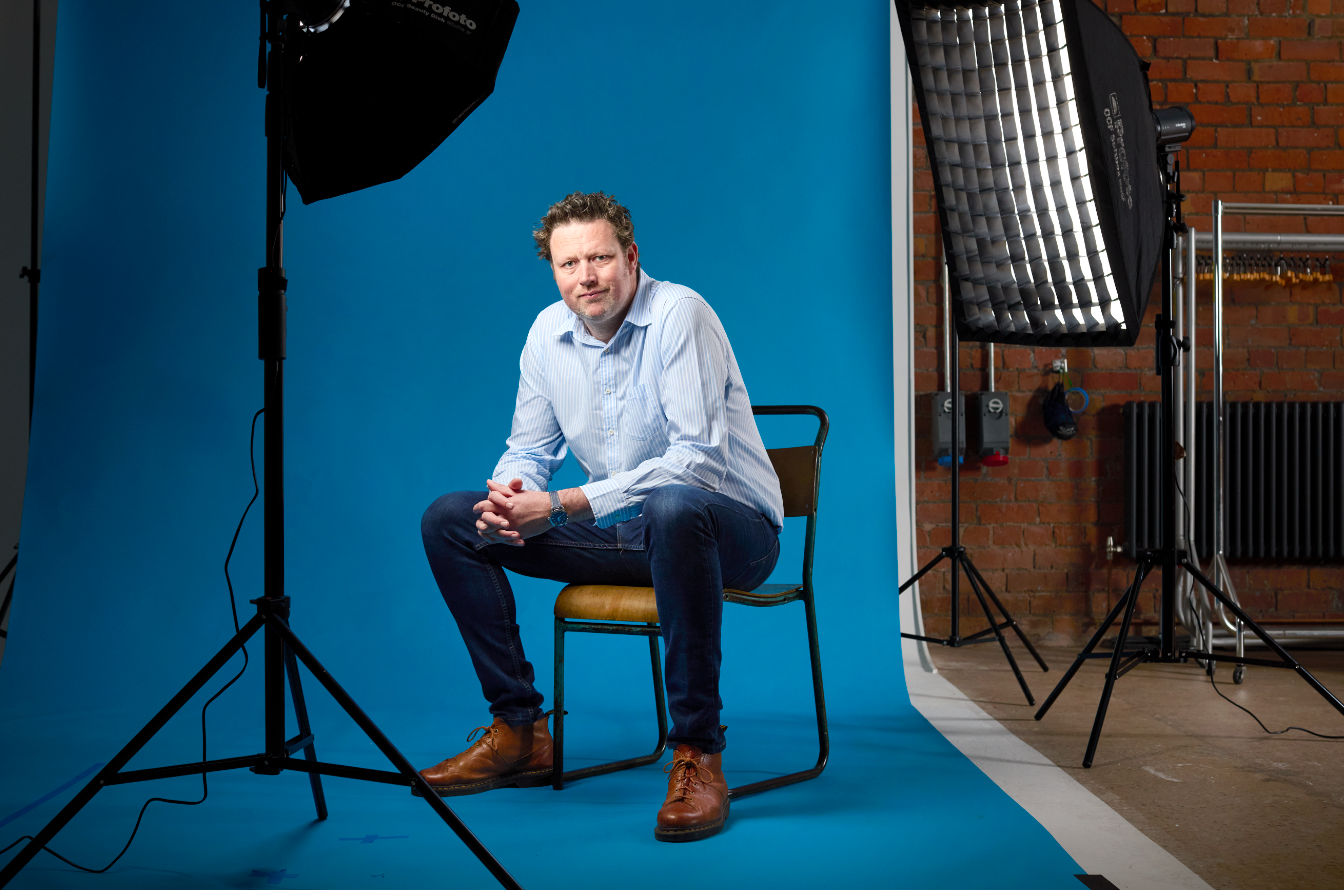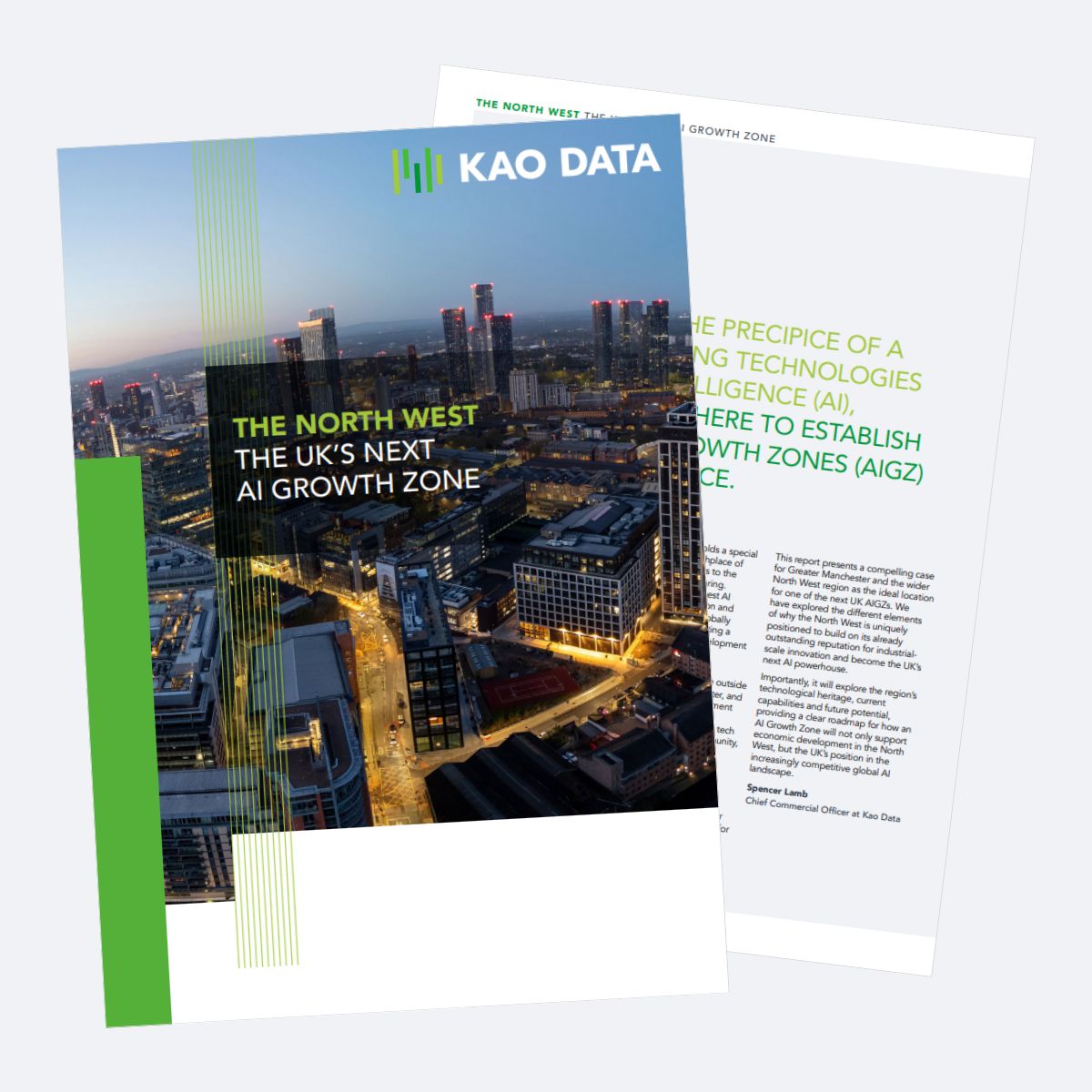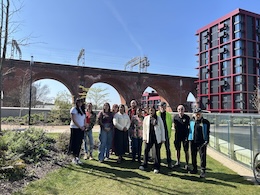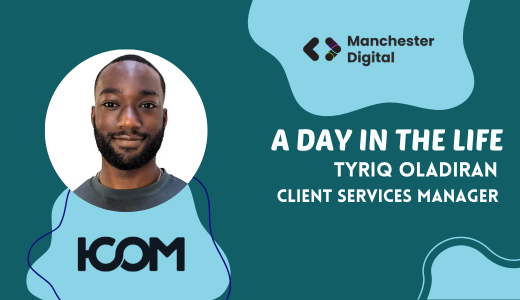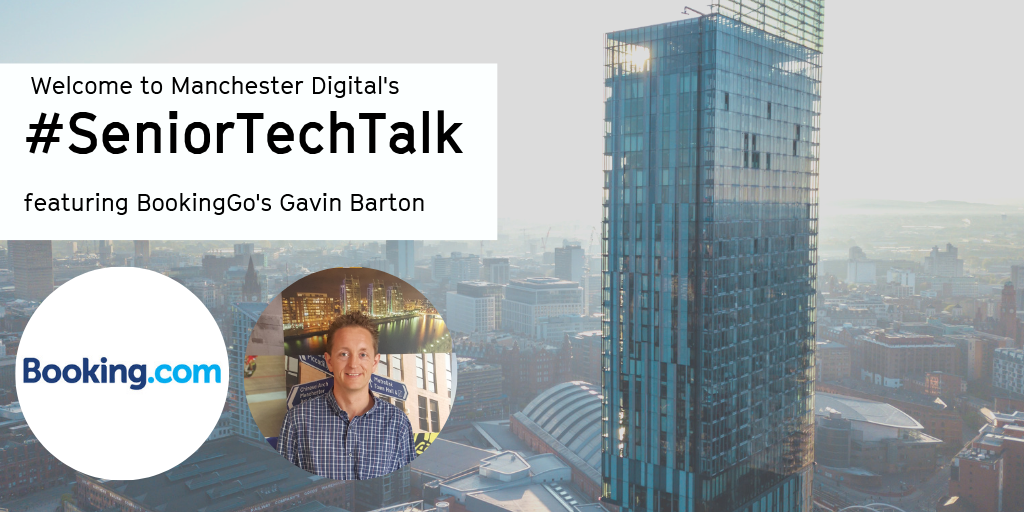
Booking.com - specifically its ground transportation business unit - is one of Manchester’s largest tech employers . We spent some time with CTO, Gavin Barton, to find out more.
In this interview, Gavin talks about the business’s plans for the immediate future, describes the culture and technology that exist within the organisation, explains why Booking.com is a committed member of Manchester’s tech community, and discusses the impact of autonomous vehicles.
Gavin, could you tell us a little bit more about Booking.com’s ground transportation unit and what the company's goals are?
Sure, our primary goal is to deliver the ground transport elements of a trip. Booking.com already offers a really strong accommodation proposition, but our strategy for the future is about taking care of the whole travel experience from start to finish. That means that as well as accommodation, we’re offering services such as car rental and taxis on Booking.com - from our home here in Manchester.
In a nutshell, Booking.com is a global business that’s making it easier for people to experience the world.
And could you explain your role in the company?
I'm accountable for everything tech-related that happens here in Manchester, which can be anything from data centres through to software engineering. I oversee the development of new technology, and then the process by which we make it operational, to deliver benefits for us, our customers, our partners and our suppliers.
What role does Booking.com play within Manchester’s tech community?

We’re one of Manchester’s biggest employers, with more than 600 people involved in product development and technology at our city centre HQ. Finding passionate, talented people is a key part of what we do - and then it’s about providing them with a great place to work.
We’re committed to offering a route into tech for people at all levels. We hire from Manchester Digital’s Level Four Software Development Apprenticeship, we take on more than 20 graduates every year, and we’re proud supporters of the #DigitalFutures Ambassadors programme; we recently had a group of year nine girls from a school in Bolton come into the office to talk about future careers in tech.
We’ve got an important role to play in strengthening Manchester’s growing position as a hub of tech and innovation - coaching and mentoring the next generation of talent goes hand in hand with that.
What benefits do you feel from these outputs?
I think it helps motivate us. It gives us a sense of purpose, and it helps to broaden out people's capabilities in terms of coaching, developing, learning and so forth.
It's about people feeling connected and increasing engagement - making a difference for each other as well as developing their tech skills and working on the latest innovations.
As CTO, what are the key challenges you face when in the role?
Every role comes with its challenges - some of which are common throughout the business community - such as building teams, retaining talent and maximising the available budget. Questions we often ask ourselves include how to keep things interesting, how to find the right people at the right time, how to develop our culture and how to grow the organisation. Addressing these challenges makes us a better business, which is good news for us and the businesses and people we work with.
The technical nature of what we do bring challenges of its own. In many respects, we aggregate supply and integrate a lot of services that our suppliers offer, which means featuring their products on our site. We have thousands of integrations with different suppliers, offering multi-mode transport products in a way that is local for the consumer in more than 160 countries, more than 40 languages, and more than 60,000 destinations.
Putting the customer at the heart of all decision making is key to overcoming these complexities, and making our products and services as user-friendly as possible.
You must deal with an incredible amount of data. What techniques for success have you found in that space?
We build a lot of our own data infrastructures and use what we find to drive the decisions we make. For example, we do a huge amount of A/B testing, and we use this information to enhance our product offering, based on what customers respond best to.
I’d say data drives this business. We use platforms like Hadoop to collect, organise and analyse data, so that we can understand how we’re trading as a business in real time. This helps us make important trading decisions such as whether and when to launch new products and services.
And how would you describe the culture at Booking.com?

Everybody's incredibly proud of working here, and people enjoy what they do. We’re committed to providing a safe, welcoming environment in which people can reach their full potential.
We’ve designed the whole organisation around product teams, making cross-functional, collaborative working groups that aren’t necessarily hierarchical, and that are customer-focussed.
We empower our teams to solve problems in a creative way, using tech where they can. This is an area where we - and many other businesses - continue to invest.
And how does the culture that you've created work in practice? How does that affect the consumer end?
We actively encourage our teams to go out and try our products and services. Putting themselves in our customers’ shoes means they can relate first-hand to what we’re trying to achieve.
The culture here centres around driving value for customers. A/B testing adds another layer of insight to our decision making, helping us understand the things that hold most appeal for the customer, as well as how we can improve functionality and make the overall experience better.
What does changing technology mean for the future of customer experience in the industry?
A smarter, more intelligent experience - across mobile, desktop and tablet, and increasingly on smart devices, too. Instead of customers having to visit a website and searching for a car, we can match them with a vehicle that’s ideally suited to their trip. If you go to certain parts of the USA, we can offer a convertible that will enhance the experience, for example.
It’s about being as relevant as possible for the customer, making it easier for them to book a car and making that car part of a strong, comprehensive itinerary.
What effect will autonomous vehicles have on the business, and are you planning for this?
It’s on our radar and we’re laying the foundations for future technologies by breaking things up into modular services and capabilities.
The taxi space could be a logical starting point for our autonomous vehicle product. From the customer’s perspective, a taxi is a rented car that will take will take you to your destination as instructed - whether or not it has a driver.
We have to keep on innovating in this space so that when the time comes, an autonomous product is the latest in our wider line-up - rather than being a total shift in what we do.
Want to feature on our site?
Get in touch with thom@manchesterdigital.com if you want your company featured on our website, social and newsletter.
